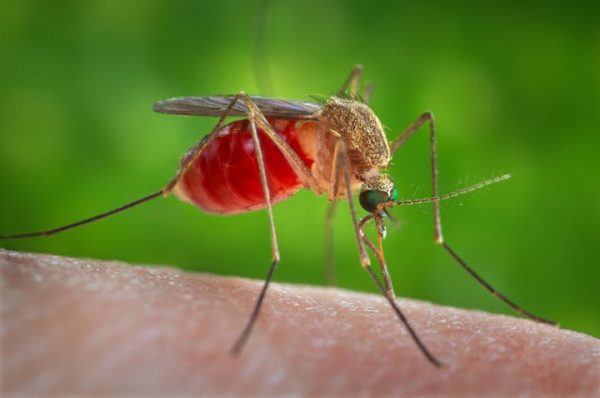One week after confirming the city’s first case of the dengue virus, Long Beach health officials Thursday announced the first local case of another rare mosquito-borne ailment — St. Louis encephalitis.
It is the first documented human case of the illness in Long Beach since 1984, according to the city’s Department of Health and Human Services.
The unidentified patient was hospitalized but is now recovering at home, health officials said, and no other cases have been identified.
According to Long Beach health officials, a total of 12 human cases of SLEV have been confirmed in the state this year.
“We are working diligently with healthcare providers to educate the community to prevent more cases of SLEV,” Mayor Rex Richardson said in a statement. “Mosquito control is a shared responsibility and residents must take an active role in reducing the threat of mosquito-borne illnesses in their neighborhoods.”
SLEV is spread by culex mosquitoes, and the illness is in the same family as West Nile virus, with generally the same type of symptoms, Long Beach health officials said. Most people who get infected with the virus do not develop symptoms, but those who do will generally experience fever, headache and nausea. People over age 50 or with underlying health conditions are more prone to experiencing more severe symptoms.
Health officials again urged residents to take steps to prevent and reduce mosquito populations, such as:
- Eliminate standing water in clogged rain gutters, rain barrels, discarded tires, buckets, watering troughs, or anything that holds water for more than a week.
- Ensure that swimming pools, spas, and ponds are properly maintained.
- Change water in pet dishes, birdbaths, and other small containers weekly.
- Report neglected swimming pools to vector control district.
- Wear insect repellent containing CDC and EPA approved active ingredients such as DEET, picaridin, IR3535, or oil of lemon eucalyptus.
- Wear loosely fitted, light-colored, long-sleeved shirts and long pants.
Last week, Long Beach health officials announced the city’s first locally acquired case of the mosquito-borne dengue virus, which is normally associated with people who have traveled outside the country. The local case was only the second of its type reported in California, with the first being reported roughly two weeks earlier by health officials in Pasadena.
Long Beach officials insisted the risk of exposure to both illnesses remains low.







